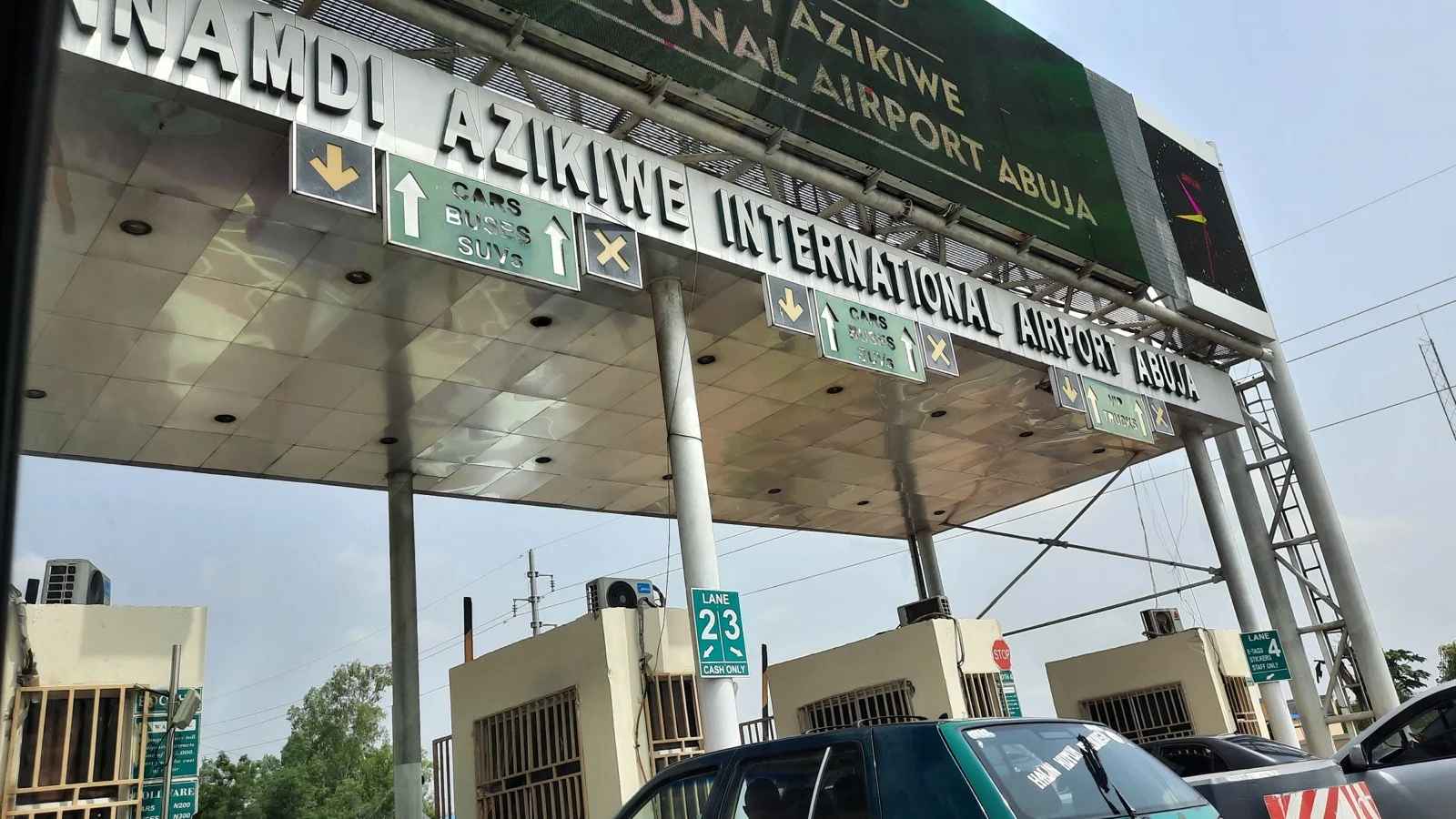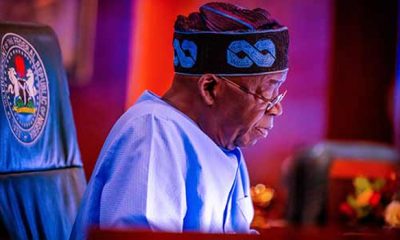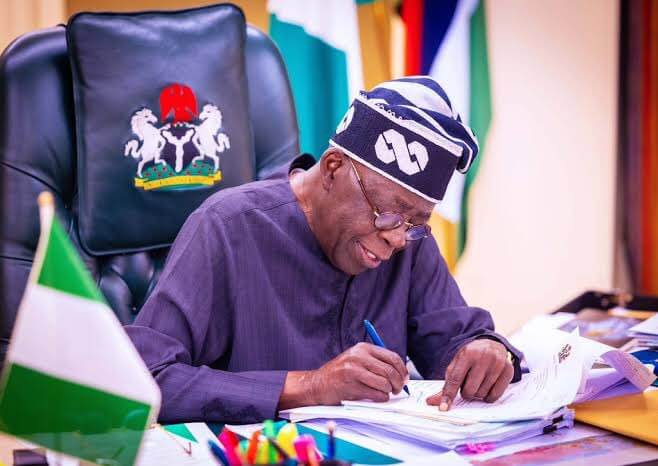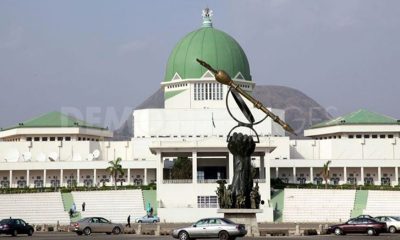Politics
‘Nigerians Living Abroad Can’t Submit Petitions On Insecurity In Nigeria’-House Of Reps Deputy Speaker Declares

- The Deputy Speaker, Nigerian House of Representatives, Idris Wase, has stated that Nigerians in the Diaspora have no right sending petitions to the House on issues happening in Nigeria.
- According the deputy speaker, Nigerians who sit in their comfort zones abroad are not eligible to file petitions against the Federal Government on issues regarding insecurity.
The Deputy Speaker, Nigerian House of Representatives, Idris Wase, has stated that Nigerians in the Diaspora have no right sending petitions to the House on issues happening in Nigeria.
Wase, who represents Wase Federal Constituency, Plateau State, said this at a plenary last Thursday while sitting in for the Speaker, Femi Gbajabiamila.
READ ALSO: House Of Reps Considers Bill To Allow Nigerians Carry Arms For Self-defense
The video of the sitting, where he made the statement, has begun attracting comments on social media with many lambasting Wase and arguing that Nigeria cannot appeal to its Diaspora to remit billions home but still be denied a voice at home.

House of Representatives
According the deputy speaker, Nigerians who sit in their comfort zones abroad are not eligible to file petitions against the Federal Government on issues regarding insecurity.
Wase said this when a lawmaker, Mark Gbillah, representing Gwer East-Gwer West constituency of Benue State, attempted to submit a petition filed by Mzough U Tiv Amerika on insecurity in Benue, Nasarawa, and Taraba.
Gbillah, a member of the opposition Peoples Democratic Party, had explained that he was submitting the petition on behalf of MUTA because indigenes of the affected states had been sacked from their ancestral lands.
The Deputy Speaker argued that Nigerians abroad have no rights to file a petition on the crisis, stating that it would be understandable “if this petition is coming from those who are within the country.”
Responding, Gbillah argued that Nigerians abroad should be able to file complaints because they have family members residing in the state.
However, Wase countered by asking if MUTA was duly registered with the Corporate Affairs Commission.
Gbillah responded by saying Section 40 of the constitution does not stop citizens from freedom of association.
Gbillah argued that Nigeria had been pursuing a policy of inclusiveness for its citizens in the Diaspora, an aim that would easily be defeated if the same category of Nigerians cannot be allowed to speak on raging matters of national concern.
YOU MAY ALSO LIKE
Iheanacho Sets New Record After Netting A Hat-trick For Leicester City In Their 5-0 Victory
Igbo Fumes, Blasts Amaechi Over Approval Of Narrow Guage Rail Project For East
Advertise or Publish a Story on EkoHot Blog:
Kindly contact us at [email protected]. Breaking stories should be sent to the above email and substantiated with pictorial evidence.
Citizen journalists will receive a token as data incentive.
Call or Whatsapp: 0803 561 7233, 0703 414 5611















